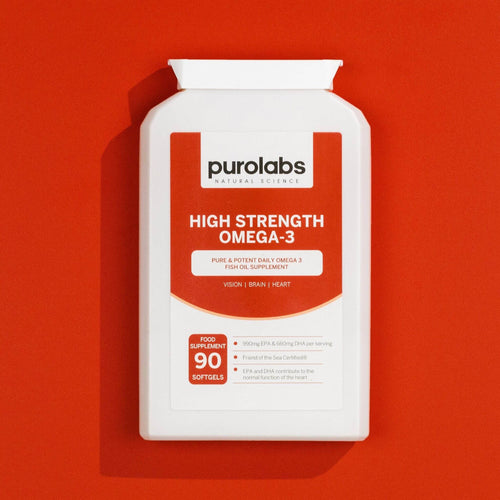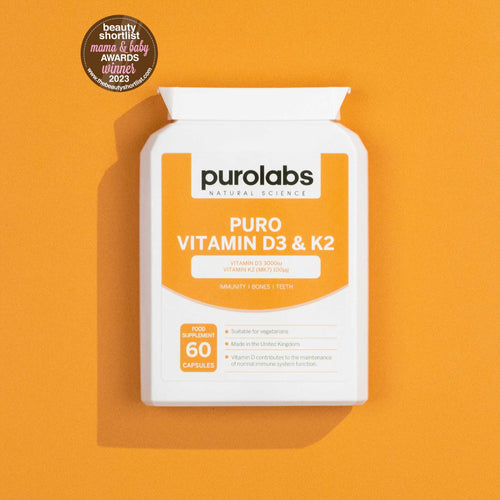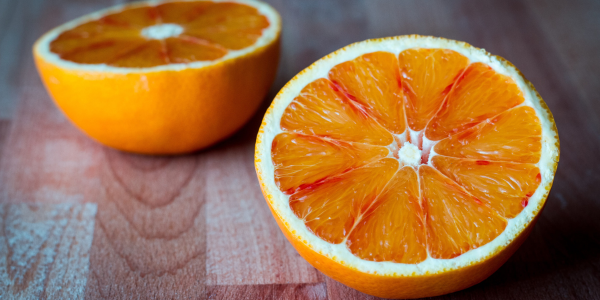Hormones play a crucial role in our overall health and well-being. They are chemical messengers that regulate various bodily functions, including metabolism, mood, and reproductive health. When our hormones are out of balance, it can lead to a range of symptoms, from fatigue and weight gain to mood swings and irregular periods.
Fortunately, there are steps you can take at home to balance your hormones and improve your overall health.
Understanding Hormonal Imbalance
Before we dive into tips for balancing your hormones, it's essential to understand what hormonal imbalance is and how it can affect your body.
Hormonal imbalance occurs when there is an excess or deficiency of certain hormones in the body. This can happen due to various factors, such as stress, poor diet, lack of exercise, and certain medical conditions.
Some common symptoms of hormonal imbalance include:
- Irregular periods
- Weight gain or difficulty losing weight
- Fatigue
- Mood swings
- Acne
- Hair loss
- Low libido
- Insomnia
- Digestive issues
If you are experiencing any of these symptoms, it's essential to consult with your healthcare provider to determine if hormonal imbalance may be the cause.
Balancing Your Hormones After Birth Control
Many women use birth control pills to prevent pregnancy or regulate their menstrual cycle. However, these pills can also disrupt the body's natural hormone balance.
When you stop taking birth control pills, it can take some time for your hormones to regulate again. During this time, you may experience symptoms such as irregular periods, acne, and mood swings.
To balance your hormones after stopping birth control, it's essential to focus on a healthy diet, exercise regularly, and manage stress levels. You may also want to consider incorporating natural supplements, such as maca root or chasteberry, into your routine to support hormone balance.
Foods That Can Help Balance Your Hormones
Diet plays a significant role in hormone balance. Here are some foods that can help balance your hormones:
Healthy Fats
Healthy fats, such as avocados, olive oil, and nuts, are essential for hormone production. They also help keep you feeling full and satisfied, which can prevent overeating and weight gain.
Leafy Greens
Leafy greens, such as spinach, kale, and broccoli, are rich in nutrients that support hormone balance, including magnesium, vitamin C, and folate.
Fermented Foods
Fermented foods, such as sauerkraut, kimchi, and kefir, contain probiotics that can help improve gut health and support hormone balance.
Protein
Protein is essential for hormone production and can help keep you feeling full and satisfied. Opt for lean sources of protein, such as chicken, fish, and tofu.
Whole Grains
Whole grains, such as quinoa, brown rice, and oats, are rich in fibre and nutrients that can help regulate hormones and support overall health.
Lifestyle Changes for Hormone Balance
In addition to diet, certain lifestyle changes can also help balance your hormones. Here are some tips:
Manage Stress
Chronic stress can disrupt hormone balance and lead to a range of health issues. Find healthy ways to manage stress, such as exercise, meditation, or spending time in nature.
Get Enough Sleep
Lack of sleep can disrupt hormone production and lead to imbalances. Aim for 7-9 hours of sleep each night to allow your body to rest and repair.
Exercise Regularly
Regular physical activity can help regulate hormones and reduce stress. Aim for at least 30 minutes of moderate exercise each day, such as walking, jogging, or cycling.
Limit Alcohol and Caffeine
Excessive alcohol and caffeine consumption can disrupt hormone balance and lead to a range of health issues. Limit your intake of these substances to support hormone balance.
Natural Supplements for Hormone Balance
In addition to diet and lifestyle changes, certain natural supplements can also support hormone balance. Here are some options to consider:
Maca Root
Maca root is a plant native to Peru that has been used for centuries to support hormone balance. It is rich in nutrients and can help regulate the production of oestrogen and progesterone.
Chasteberry
Chasteberry, also known as Vitex, is a popular herb used to support hormone balance. It can help regulate the production of oestrogen and progesterone and may also help alleviate symptoms of PMS.
Omega-3 Fatty Acids
Omega-3 fatty acids, found in fish oil and certain plant-based sources, can help reduce inflammation and support hormone balance.

Omega-3
Vitamin D
Vitamin D is essential for hormone production and can help regulate the menstrual cycle. It is also important for bone health and immune function.

Vitamin D3 & K2
When to Seek Medical Help
While these tips can help balance your hormones, it's essential to consult with your healthcare provider if you are experiencing severe or persistent symptoms. They can help determine the underlying cause of your hormonal imbalance and provide appropriate treatment.
Takeaways
Hormonal imbalance can lead to a range of symptoms and affect your overall health and well-being. By making simple lifestyle changes, incorporating hormone-balancing foods into your diet, and considering natural supplements, you can support hormone balance and improve your overall health. Try Purolabs Hormone Balance supplements today.


 Beauty
Beauty
 Bone Health
Bone Health
 Brain Health
Brain Health
 Energy
Energy
 Eye Health
Eye Health
 Gut Health
Gut Health
 Hair
Hair
 Hormonal Health
Hormonal Health
 Heart Health
Heart Health
 Immunity
Immunity
 Joints
Joints
 Menopause
Menopause
 Pregnancy
Pregnancy
 Kids
Kids
 Sleep
Sleep
 Stress & Mood
Stress & Mood




















